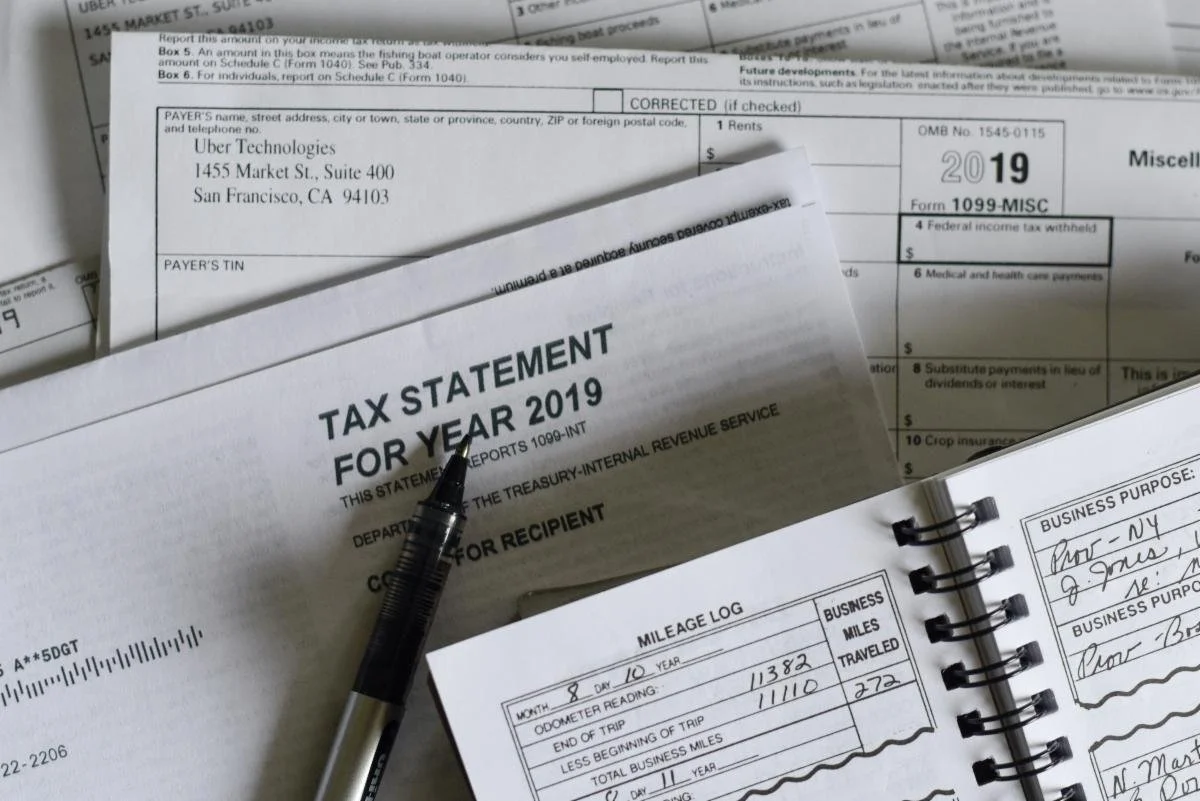This short newsletter provides a few basic but critically important concepts. I am often surprised by the number of people who don’t understand the differences between the choices they’re making, even though the consequences of these decisions are monumental. So, let’s cover a few things without judgment, assumptions or public math.
Income vs. Adjusted Gross Income (AGI)
Your income is the amount of money you earn. Your AGI is the money on which you are taxed. We use deductions and itemizations, and pay CPAs, in order to drive down our AGI. People generally want the highest income possible and the lowest AGI possible. Why do I say “generally,” wouldn’t any sane person always want the lowest adjusted gross income? That depends on your perspective and time horizon. Never fear, that is the subject of the next newsletter!
Marginal Tax Rate vs. Effective Tax Rate
The Marginal Tax Rate is the percentage you are taxed on your last dollar of income. This is also commonly referred to as your “tax bracket.” For example, if you are filing as a single person and your adjusted gross income is $210,000, you are in the 35% tax bracket and your marginal tax rate is 35%.
Effective Tax Rate is the overall, bottom-line percentage of your adjusted gross income that you pay. This is the tax rate that matters. Using the previous example, a single filer with $210,000 of adjusted gross income has an effective tax rate of 23% in 2021.
Why is this critically important?
Most people confuse the two terms and conclude they’re paying more in taxes than they are. If our taxpayer above made this mistake, she would think she was paying $73,500 in taxes for the year when she was “only” paying $48,000, a $25,500 accounting error.
Do you know your marginal tax rate? More importantly, do you know your effective tax rate? If you don’t have an accurate idea of your effective tax rate, can you really make sound decisions about the effects of taxation on the money, such as whether or not to defer taxes in your 401(k)? How can you know if your CPA is giving you good tax advice?
Which brings me to the last concept.
Tax-Deferred vs. Tax-Free
I have people referring to their tax-deferred 401(k) or IRA money as “tax-free” all the time. And each time, I correct them. If it is tax-deferred, that just means “taxed later!” This most definitely is not free of tax. It’s only tax-free NOW. The rates at which this money will be taxed are unknown (or are they?), and at the pure discretion of the Government.
In a short time, we’ll use this information to determine whether we’re in the Tax Sale of a Lifetime and what we can do about it.
Do you have anything you would like addressed in this newsletter? Just let me know!
Financial Definitions – February 2022 (Pdf Download)
Contact us for a free 15-minute phone consultation.
Thank you for your time and for taking control of your financial future!
Sincerely,
Sam Arieff
Arieff Consulting
(904) 478-0102
* Dividends are not guaranteed. However, companies we use have paid dividends without fair for more than 100 consecutive years.
Disclaimer: This newsletter represents the opinion of Arieff Consulting, Inc, and does not constitute financial, tax, or legal advice.


